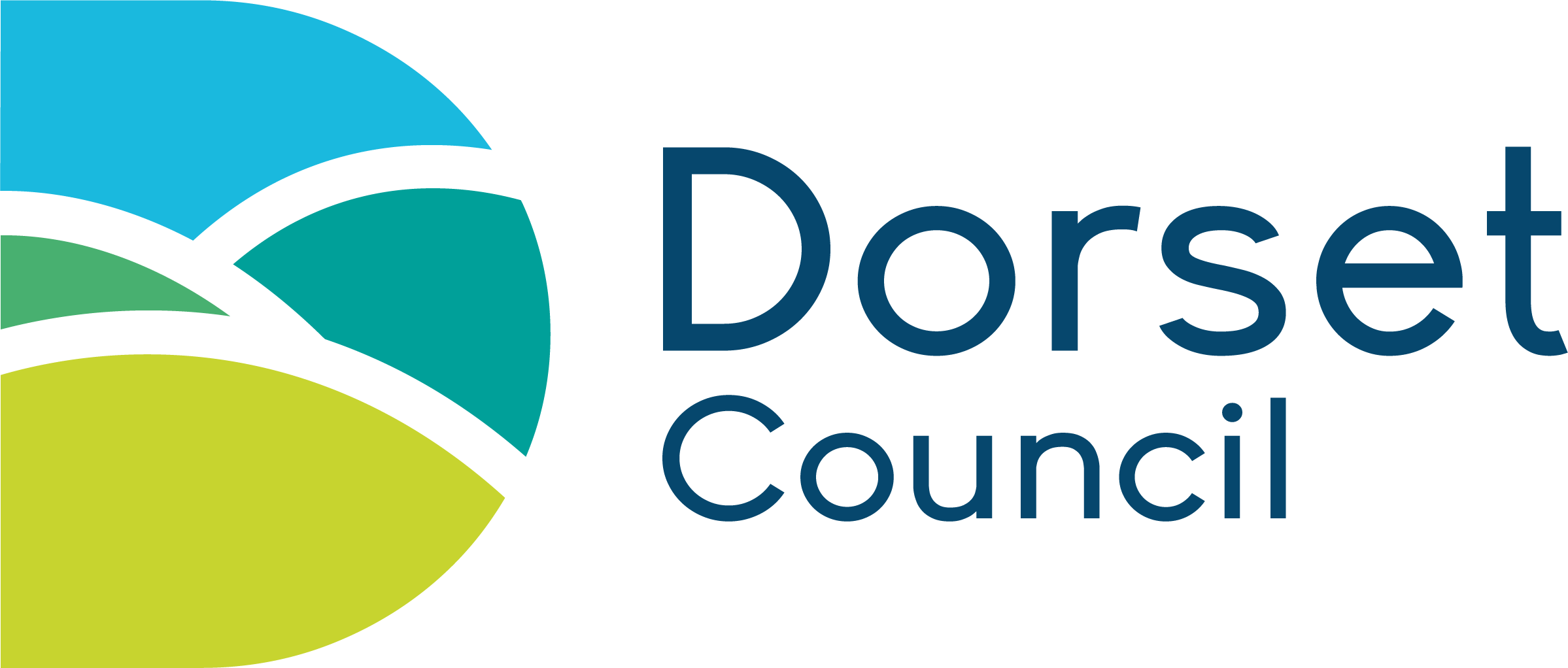Causeway, Dorset Council and road-marking specialist WJ Group have collaborated on the creation of a road asset management strategy using Causeway Horizons that enabled road safety to be improved across Dorset while optimising the use of financial resources.
The Challenge
Dorset Council is responsible for 2,358 miles (3,795 kilometres) of road network.
These roads are predominantly rural and unlit. The council recognises that road markings are critical safety assets and that ensuring their condition is maintained has a role to play in keeping people safe on the roads – in line with its strategic priorities. Police collision investigators will also look at the condition of the road markings in the event of an incident.
However, Dorset Council had a limited budget for road marking improvements.
Therefore, a prioritised programme of works needed to be created to help its specialist road marking partner WJ Group to make most effective use of the funding available.
While Dorset Council had data on the conditions of road markings in the form of reports from WJ Group and retro-reflectivity survey data, as well as STATS19 collision information, there was no way to bring this together in a way that would enable a strategic approach.
The Solution
Dorset Council, WJ Group and Causeway embarked on a collaborative project to formulate a strategic asset management approach with the aim of understanding road marking conditions and prioritising work based on need and potential risk.
The new approach to asset management also aimed to help identify areas where the road marking needed improvement, such as by implementing WJ Group’s Weatherline Plus solution that offers enhanced wet weather visibility.
To achieve this, Causeway’s strategic asset management solution, Causeway Horizons was implemented with support and guidance from Causeway at every stage. This enabled large and diverse datasets to be brought together in one place to provide clarity and transparency.
To ensure the council had the required data on the current conditions, WJ Group carried out a retro-reflectivity survey on all classified roads, the data from which was uploaded to Causeway Horizons. This was supplemented with line marking visibility data gathered using an AI-aided system and three years' worth of STATS19 collision data. By combining these data sets, Causeway Horizons could create a ‘red-amber-green’ analysis of each road.
From this the roads could be addressed on a ‘worst first’ basis, with collision hotspots on rural roads topping the list. Dorset Council also factored maintenance schedules into the new strategy to account for other planned activities to prevent work clashes and cost duplication.
The Outcome
Using the model generated through Causeway Horizons, Dorset Council identified £400k of road marking improvements that were required. However, with only £200k already allocated for this work, a case needed to be made to the local councilors for an increase in spending.
Using the data from the model, the council and WJ Group could clearly present the need and explain the effective, strategic approach that would be taken. The result was that an additional £200k of funding was secured to complete the necessary work.
The new strategic asset management approach developed as a result of this collaboration and implementation of Causeway Horizons has helped Dorset Council to meet its priority of keeping people safe, and creating a more dynamic understanding of the assets it manages.
Want to get Causeway working for your business?
Learn more about our software solutions for local authorities or contact us for details.




